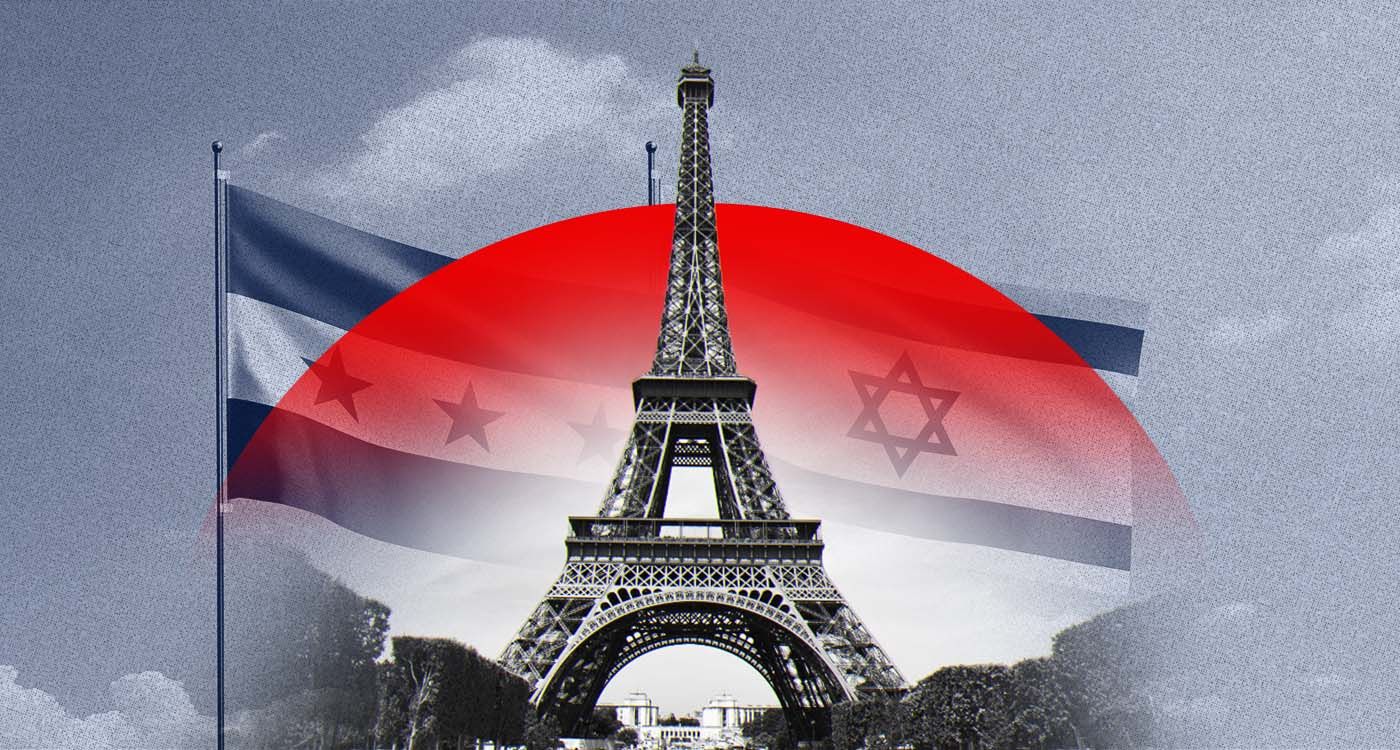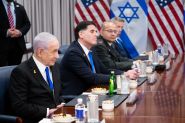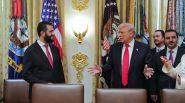- Home
- Middle East
- Sweida at the Center of Damascus-Tel Aviv Talks in Paris

©This is Beirut
Syria and Israel resumed direct dialogue on Tuesday in Paris. Syrian Foreign Minister Assaad al-Chaibani met with Israeli Minister of Strategic Affairs Ron Dermer to explore ways to stabilize southern Syria, which has been rocked by violent clashes in recent weeks. This marks the second direct meeting between the two countries in less than a month, after more than 25 years of near-complete diplomatic isolation.
According to the Syrian state news agency SANA, the talks addressed the establishment of de-escalation mechanisms, ensuring compliance with the ceasefire declared on July 19 in Sweida, and supporting agreements that foster stability. The parties also discussed a potential return to the 1974 disengagement agreement, which had established a buffer zone on the Golan Heights. The talks were conducted under US mediation, with Washington seeking to prevent another outbreak of violence in the region.
US Special Envoy for Syria Tom Barrack played a central role in the discussions and also met in Paris with the spiritual leader of Israel’s Druze community, Moafaq Tarif, to explore the establishment of a humanitarian corridor between Israel and Sweida. Tarif endorsed the initiative and called for an end to the blockade imposed by the Syrian government, while reaffirming his commitment to peace and the protection of the Druze community.
Sweida: At the Heart of Syria’s Crisis
The Druze province of Sweida remains the epicenter of a severe crisis. Since mid-July, deadly clashes between Druze militias and Bedouin tribes have claimed around 1,600 lives, including many civilians, and triggered massive displacements. The Syrian government has imposed a strict blockade, restricting access to food, fuel and medical care, while hospitals struggle to cope with the influx of injured and unclaimed bodies.
With little state support, the Druze community has set up local structures to provide justice and essential services. Large-scale protests now call for self-determination, with some demonstrators even praising Israel for its symbolic role in protecting the minority. This situation underscores the enduring fragility of post-Assad Syria, where communal tensions, local autonomies and foreign interventions make stability extremely tenuous.
Damascus’ Address
This diplomatic meeting takes place amid an unprecedented political climate in Syria. Since the fall of the former regime, the country has been governed by an interim Islamist authority. President Ahmad al-Sharaa is seeking to project a more conciliatory stance. On Saturday, speaking in Idleb, he asserted that Syria’s unification should be achieved “not through bloodshed or military force” but through dialogue. “Syria is weary of war,” he declared, while accusing Israel of “direct interference” in Syrian affairs, particularly in Sweida. He also acknowledged that violations had been committed by all parties, including security forces and the army, and promised that those responsible would be held accountable.
Despite these conciliatory gestures, deep-seated mistrust persists. Syria and Israel remain technically at war, and the demonstrations that swept Sweida last weekend, some featuring Israeli flags and calls for self-determination, highlight just how fractured the country remains.
The talks in Paris reflect an effort to prevent further escalation and to address the humanitarian needs of Sweida’s Druze population, but there is no guarantee they will yield tangible results. Between Kurdish demands in the northeast, ongoing communal tensions in the south, and Israel’s enduring influence, Syria remains at an uncertain crossroads.
Read more




Comments